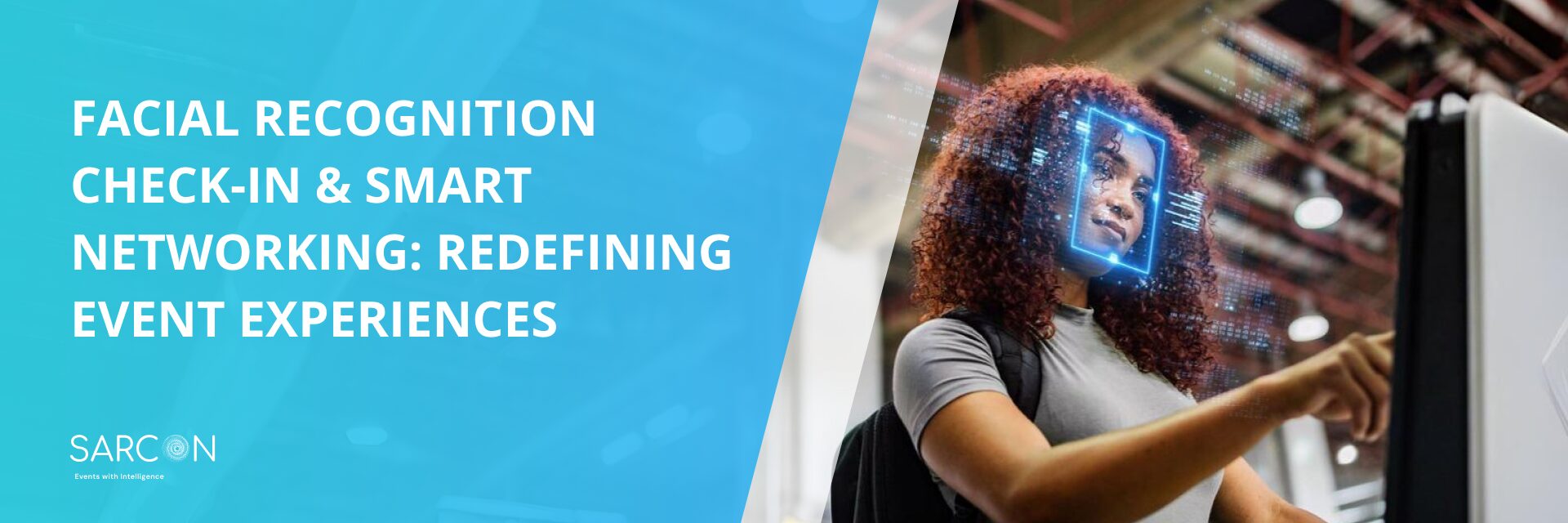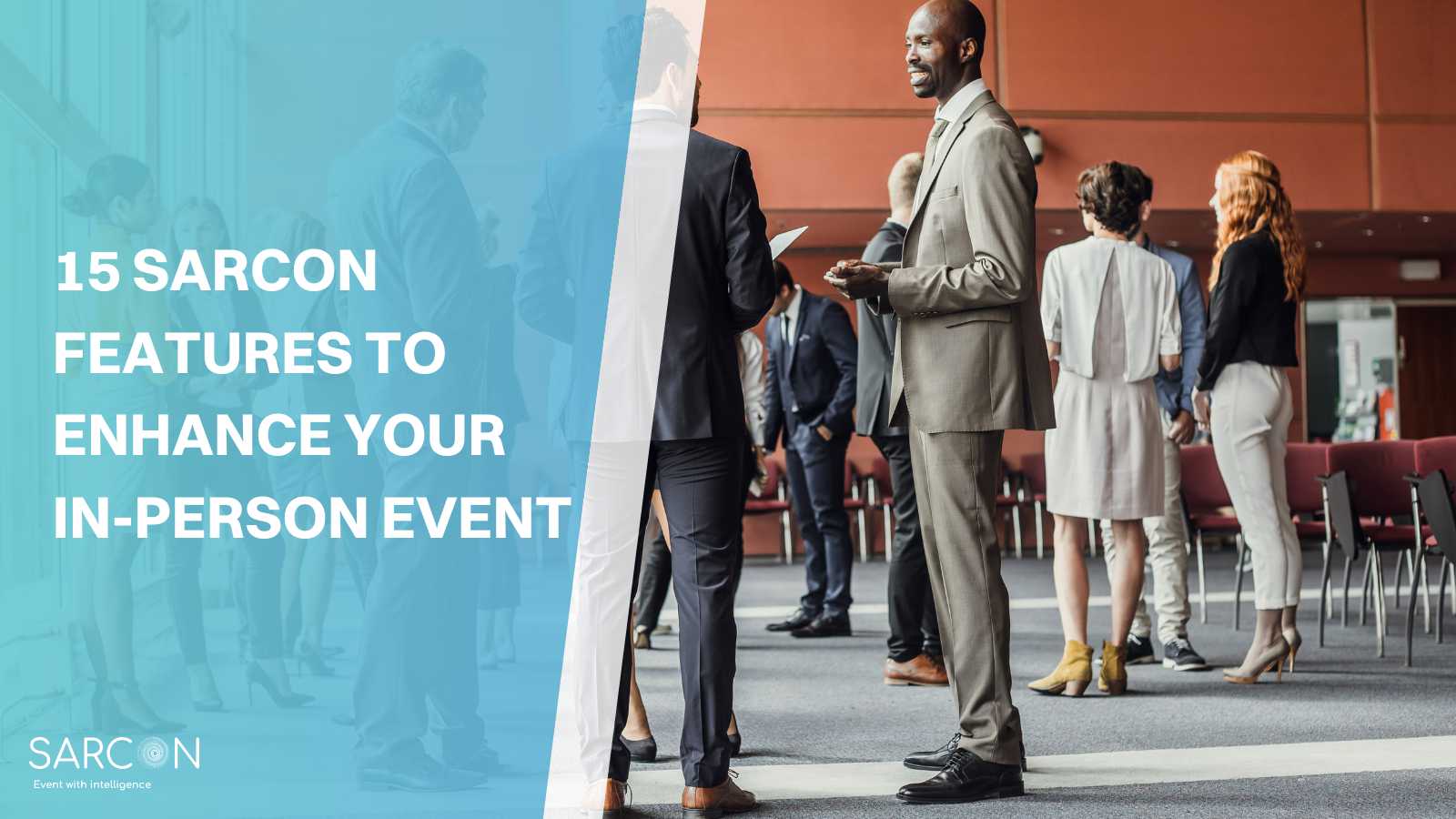In the grand tapestry of event management, logistics play a pivotal role. Whether it’s a massive corporate conference, a bustling trade show, or a star-studded concert, impeccable logistics ensure that every component falls seamlessly into place. Managing logistics at large-scale in-person events can be a daunting task, but with the right strategies and preparation, it becomes a manageable feat. This beginner’s guide is your roadmap to mastering event logistics. We’ll take you through the essential steps and provide valuable tips to ensure your event runs smoothly from start to finish. From planning and coordination to on-the-ground execution, this comprehensive guide will equip you with the knowledge you need to tackle even the most colossal of events.
Pre-event Planning
Setting the Foundation for Success
The foundation of a successful large-scale in-person event lies in meticulous pre-event planning. This phase involves defining your goals, budget, and objectives. Here are some essential steps to consider:
- Define Clear Objectives: Begin by understanding the purpose of your event. What are you trying to achieve? Define specific, measurable goals that will guide your planning efforts.
- Establish a Realistic Budget: Create a detailed budget that includes all anticipated expenses, from venue costs to marketing and staffing. Be prepared for unexpected expenses by building in a contingency fund.
- Select the Perfect Venue: The venue is often one of the most critical decisions. Consider factors like capacity, accessibility, location, and technical capabilities. Visit potential venues to assess their suitability firsthand.
- Vendor Selection: Identify and secure reliable vendors for catering, audio-visual services, security, and other essential services. Conduct thorough research, check references, and negotiate contracts carefully.
- Event Timeline: Develop a comprehensive timeline that outlines all tasks leading up to the event. Assign responsibilities to team members and set deadlines for each task.
- Permits and Regulations: Research and obtain any necessary permits or licenses. Familiarize yourself with local regulations that may impact your event, such as noise ordinances or parking restrictions.
Transportation and Accommodation
Getting People Where They Need to Be
Ensuring smooth transportation and accommodation logistics is vital for the comfort and convenience of your attendees. Here are some key considerations:
- Transportation Services: Arrange transportation services for attendees, especially if your event involves multiple venues or off-site activities. Options may include shuttle buses, taxis, or rideshare partnerships.
- Accommodation Blocks: Secure room blocks at nearby hotels to accommodate out-of-town attendees. Negotiate favorable rates and provide booking information on your event website for easy access.
- Parking Solutions: If your event is expected to draw a significant number of attendees arriving by car, consider parking logistics. Coordinate with nearby parking facilities or provide on-site parking options.
- Accessibility: Ensure your event is accessible to individuals with disabilities. Provide ramps, accessible restrooms, and designated seating areas. Communicate accessibility information clearly on event materials.
Communication and Marketing
Spreading the Word Effectively
Effective communication and marketing are crucial for maximising attendance and engagement. Utilize these strategies:
- Create a Strong Online Presence: Develop an event website or landing page with essential information, including schedules, speakers, and registration details. Optimize it for search engines (SEO) to improve visibility.
- Social Media Marketing: Leverage social media platforms to build excitement and engage with potential attendees. Create and schedule posts regularly, and use event-specific hashtags.
- Email Campaigns: Implement targeted email campaigns to reach your audience. Send invitations, reminders, and updates to keep attendees informed and engaged.
- Engage Influencers: Influencer Marketing is another great strategy. Collaborate with industry influencers or speakers to promote your event. Their endorsement can significantly boost attendance and credibility.
- Mobile Event App: Consider creating a mobile event app that provides attendees with real-time information, schedules, maps, and networking opportunities.
Event Execution
Bringing Your Vision to Life
As the event date approaches, the focus shifts to execution. This phase requires precise coordination and attention to detail. Here’s how to ensure a smooth execution:
- Team Briefing: Conduct comprehensive briefings with your event team, including staff, vendors, and volunteers. Ensure everyone understands their roles and responsibilities.
- Checklists and Run-Throughs: Use detailed checklists to confirm that all elements are in place, from signage and equipment to catering and security. Run through a final rehearsal to identify and resolve any issues.
- On-site Command Center: Establish an on-site command center equipped with communication tools, first-aid supplies, and a contingency plan for emergencies.
- Crowd Management: Develop a crowd management strategy to maintain order and safety. This includes designated entry and exit points, clear signage, and trained staff to assist attendees.
- Feedback Mechanisms: Set up feedback mechanisms to collect input from attendees during the event. This can help you make real-time adjustments and gather valuable insights for future events.
Post-event Evaluation
Learning from the Experience
The conclusion of your event doesn’t mark the end of your logistics journey. It’s essential to conduct a thorough post-event evaluation to gather insights and improve future events:
- Gather Feedback: Collect feedback from attendees, staff, and vendors. Analyze surveys, comments, and reviews to identify strengths and areas for improvement.
- Financial Analysis: Review your event’s financial performance against the budget. Identify areas where you exceeded or fell short of expectations and adjust your budgeting accordingly.
- Documentation: Compile all event documentation, including contracts, permits, and financial records. Store them in an organized manner for future reference and compliance.
- Debrief with the Team: Hold a post-event debriefing session with your team to discuss what went well and what can be improved. Document lessons learned and create an action plan for the next event.
- Marketing Analysis: Evaluate the effectiveness of your marketing and communication strategies. What channels yielded the best results, and which ones need improvement?
Emergency Preparedness
Planning for the Unexpected
Even with meticulous planning, unexpected challenges can arise. It’s essential to have a robust emergency preparedness plan in place:
- Emergency Contacts: Maintain a list of emergency contacts, including local authorities, medical facilities, and key event personnel. Distribute this list to relevant staff members.
- Medical Services: Ensure that medical personnel and first-aid stations are readily available. Communicate their locations to attendees and staff.
- Weather Contingencies: Develop a plan for inclement weather if your event is outdoors. Have a backup location or provisions for shelter and attendee comfort.
- Communication Protocols: Establish clear communication protocols in case of emergencies. Designate a spokesperson and determine how information will be disseminated to attendees and the public.
- Security Measures: Coordinate with local law enforcement and security personnel to address security concerns. Implement access control measures and surveillance as needed.
Conclusion
Managing logistics at large-scale in-person events may seem like a daunting task, but with proper planning and execution, it becomes a manageable and rewarding endeavour. This beginner’s guide has equipped you with essential tips and strategies to ensure your event is a resounding success. From meticulous pre-event planning to effective post-event evaluation, every step plays a crucial role in delivering a memorable and well-executed event. By mastering these logistics, you can create seamless, engaging, and unforgettable experiences for your attendees, setting the stage for future successes in the world of event management. Don’t hesitate to reach out if you have any further questions or need additional guidance. Your event’s success is within reach, and we’re here to help you every step of the way.
FAQs
Q: What are event logistics?
Event logistics encompass all the activities and processes involved in planning, organizing, and executing an event, ensuring that every element, from attendees and vendors to equipment and schedules, comes together seamlessly.
Q: Why are logistics crucial for large-scale in-person events?
Logistics are vital because they determine the success of an event. Poorly managed logistics can lead to delays, confusion, and a negative attendee experience. Efficient logistics ensure everything runs smoothly and as planned.
Q: What are some common challenges in managing event logistics?
Common challenges include venue selection, transportation, vendor coordination, crowd management, and unforeseen emergencies. Effective planning and execution can help mitigate these challenges.


